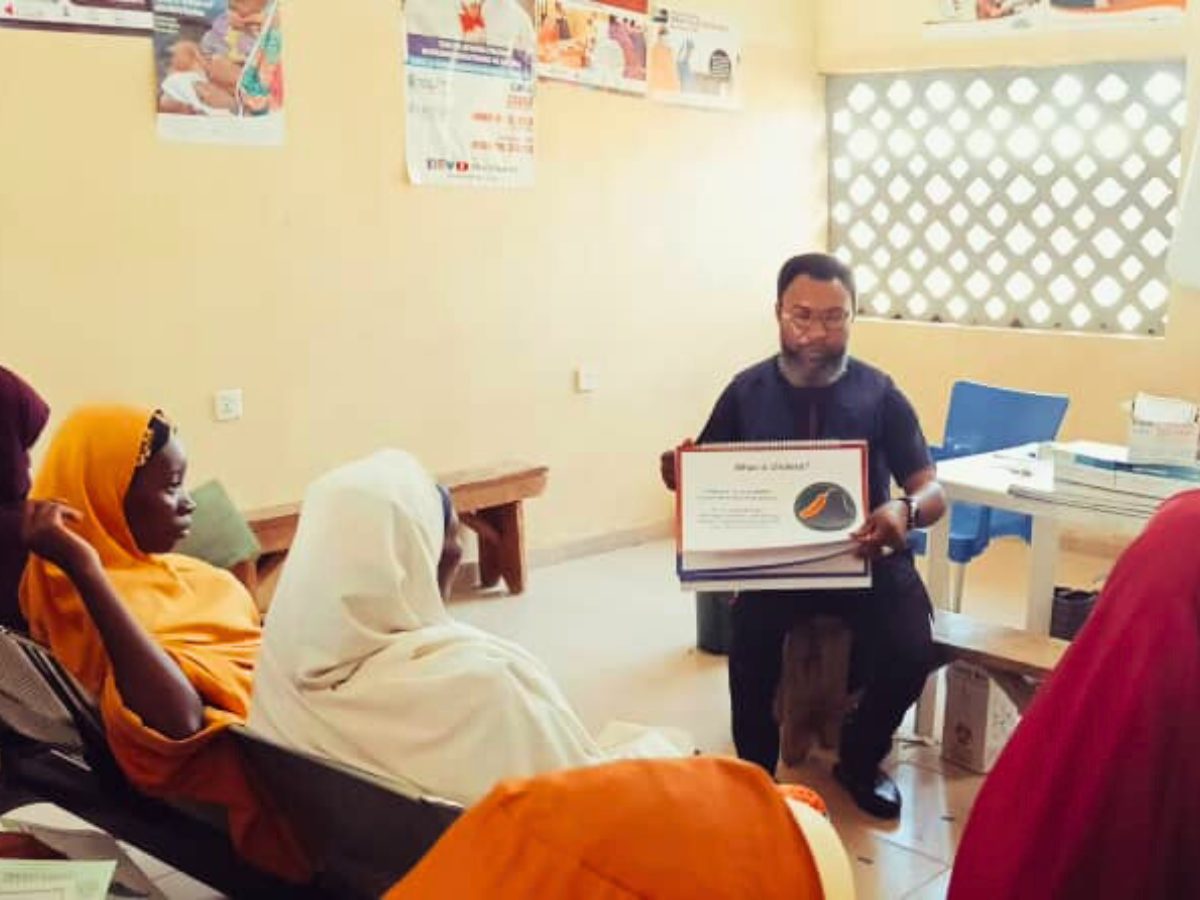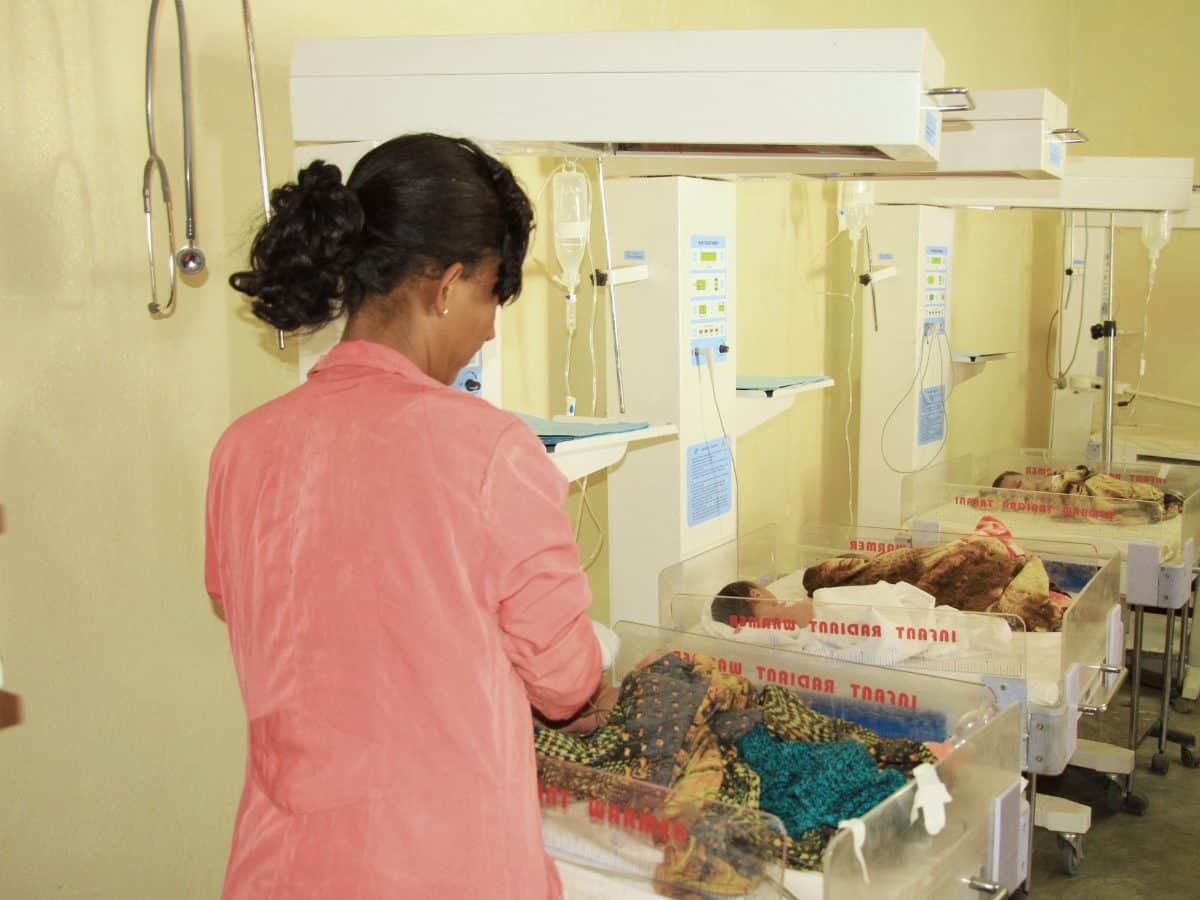The National Institutes of Health (NIH) has awarded ICAP funding to support three implementation science studies in sub-Saharan Africa.
Through the NIH/PEPFAR Collaboration for Implementation Science and Impact Evaluation (R01) award, ICAP will conduct implementation science studies in Swaziland, South Africa, and Ethiopia—three PEPFAR focus countries where ICAP has worked since 2004. The studies are designed to assess the effectiveness of various interventions aimed at enhancing the delivery of services.
Linking patients from HIV testing to HIV care, and then retaining patients in care, are essential to achieving optimal outcomes. However, studies have shown that less than half of patients who test positive are successfully linked and retained in care within one year. Link4Health, a randomized trial to compare the effectiveness of a combination linkage and retention intervention with the standard of care, will be led by Wafaa El-Sadr, ICAP director in collaboration with the Ministry of Health in the Kingdom of Swaziland. The intervention will include point of care CD4+ count assays at HIV testing sites, accelerated treatment initiation for eligible patients, a basic care and prevention package, text-messaged reminders for clinic appointments, active tracking of patients who miss visits, and financial incentives given to patients for successful linkage and retention.
The second study, led by Elaine Abrams, ICAP research director, will evaluate a new intervention to promote rapid initiation of antiretroviral treatment (ART) among eligible pregnant women in Cape Town, South Africa. The intervention combines strategies to address key health systems, clinical, and patient education and adherence issues that stand as barriers to rapid ART initiation in pregnancy. The intervention also features midwife-delivered treatment within the antenatal clinic, a simplified treatment regimen, and a novel approach to patient education schedule delivered during and immediately after (rather than before) treatment initiation. Leading researchers in PMTCT at ICAP and the University of Cape Town in South Africa will work in partnership with local PEPFAR and public health care services to conduct the intervention over the next year.
The third study, led by Dr. Andrea Howard, ICAP director of the clinical and training unit, and conducted in collaboration with Dire Dawa and Harari Regional Health Bureaus in Ethiopia, is an innovative cluster randomized trial, called the ENhance Initiation and Retention in IPT Care for HIV Study (ENRICH Study). This study aims to evaluate the effectiveness of a multi-component intervention to improve initiation, adherence, and completion of isoniazid preventive therapy (IPT) among HIV-infected individuals enrolled in HIV care at health centers in Ethiopia. Strong evidence indicates that isoniazid preventive therapy reduces the risk of tuberculosis (TB) in HIV-infected individuals, however implementation of the treatment in high-burden settings has been suboptimal. The intervention, which contains programmatic, structural, and psychosocial components, will include use of a clinical algorithm by health care providers, reimbursement of transportation costs for monthly clinic visits, and real-time adherence support using interactive voice response via mobile phones and trained peer educators.
“Identifying ways to enhance the quality or effectiveness of various interventions is what we are aiming to achieve in these studies. Our findings can hopefully inform and enhance the impact of PEPFAR-supported programs,” said Dr. El-Sadr








